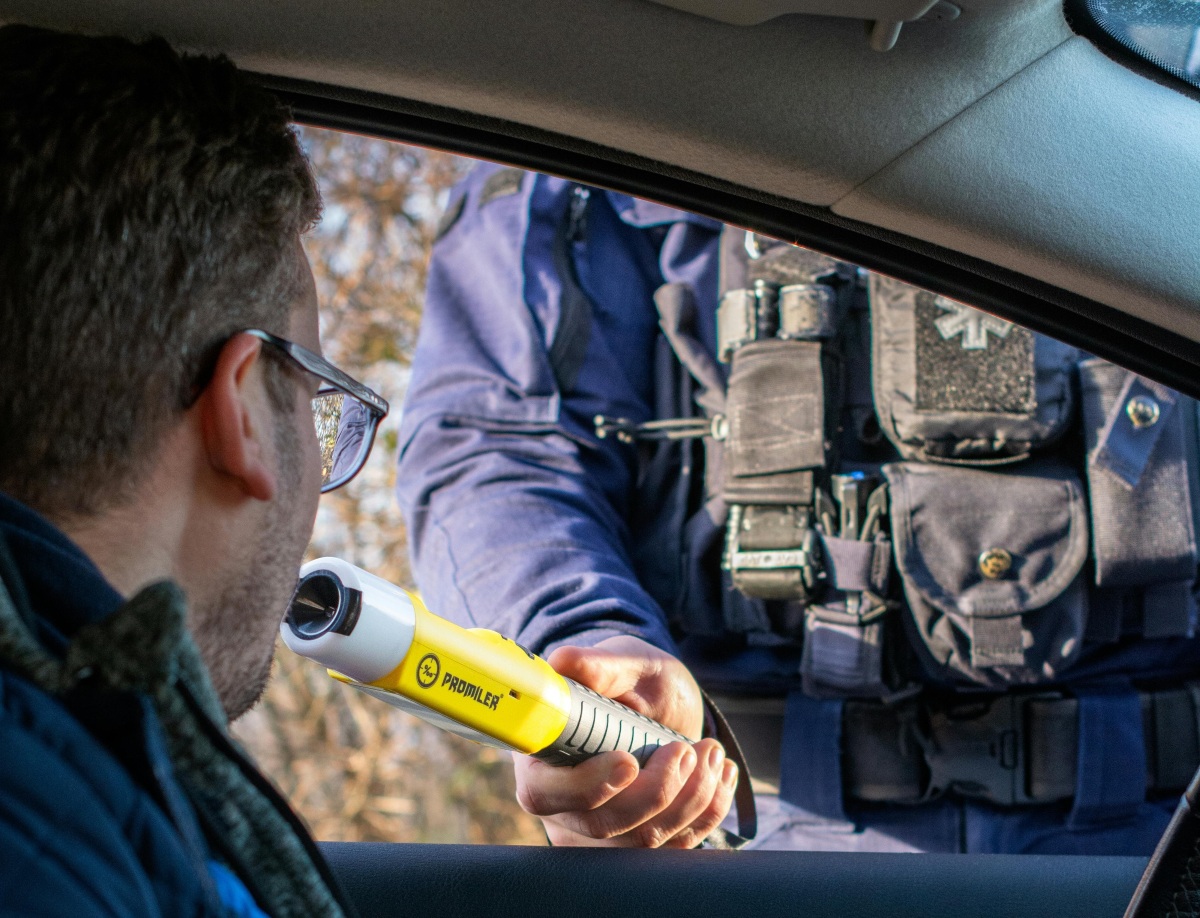The online gaming industry in Malta, a critical pillar of the economy contributing around seven per cent of the country’s Gross Value Added, is facing an evolving skills gap.
Recent findings from the Malta Gaming Authority’s (MGA) Skills Gap Study, covering the period from 2019 to 2023, shed light on the challenges and opportunities shaping the sector’s workforce dynamics.
Despite a 33.6 per cent decline in the number of vacancies per 1,000 employees during the study period, the industry reported 885 open positions at the end of 2023, primarily at the operational level. Roles in marketing (21.1 per cent) and technology (16.8 per cent) were the most in demand, reflecting the sector’s growth and the increasing complexity of its operations.
These vacancies highlight a pressing need for specialised talent to sustain Malta’s competitive edge in an increasingly globalised industry.
The gaming sector has actively sought to bridge the skills gap through in-house training and mentoring programmes, with 71.7 per cent of companies investing in these initiatives in 2023.
Moreover, more than half of firms intensified their retention efforts during the same period, recognising the importance of retaining skilled workers amidst fierce competition. Notably, 84.9 per cent of surveyed companies reported recruiting personnel from other firms within the industry, underscoring the cyclical nature of talent movement and the challenges posed by limited local expertise.
However, these internal measures alone have not been sufficient. A lack of relevant qualifications and work experience continues to rank among the top barriers to recruitment, alongside competition from other firms.
While 75.8 per cent of surveyed companies expressed positive sentiments about Malta’s labour market dynamics, skills and competency development, and training opportunities, the industry remains reliant on international recruitment to fill critical roles, with 44.5 per cent of firms sourcing talent from abroad.
Education: A critical area for improvement
The report highlights a significant disconnect between Malta’s educational offerings and the needs of the gaming industry. Only 25.8 per cent of companies reported hiring recent university graduates, pointing to a misalignment between academic curricula and industry demands. This gap underscores the urgent need for practical, hands-on training to prepare graduates for real-world roles.
Enhanced collaboration between educational institutions and the gaming sector could play a pivotal role in addressing this issue. Universities and vocational schools must tailor their programmes to equip students with industry-relevant skills, particularly in high-demand areas such as technology and marketing.
Expanding opportunities for internships, apprenticeships, and industry placements could also bridge the experience gap cited by employers, said the report.
The MGA’s findings indicate that the skills gap is narrowing, with most vacancies filled within three months and only 5.7 per cent remaining open for over six months by the end of 2023. These figures reflect positively on the sector’s resilience and the effectiveness of ongoing efforts.
However, to sustain this progress, a multifaceted approach is essential. Companies must continue investing in employee development and retention strategies, while policymakers and educational institutions must work collaboratively to create a stronger pipeline of job-ready talent. Accredited courses tailored to the specific needs of the gaming industry, coupled with practical training opportunities, will be crucial in ensuring Malta’s workforce is equipped to meet the demands of this fast-evolving sector.
Inbound tourism sees double-digit growth in June as spending surges past €395 million
The average length of stay stood at 6.4 nights
‘Just 3% of serious road accidents involve roadside breathalyser tests’ – Insurance Association Malta
IAM is urging stronger enforcement of drink and drug driving laws
Malta among Europe’s worst-hit countries for payment fraud
Malta recorded 10,024 fraud incidents during the first six months of 2023






